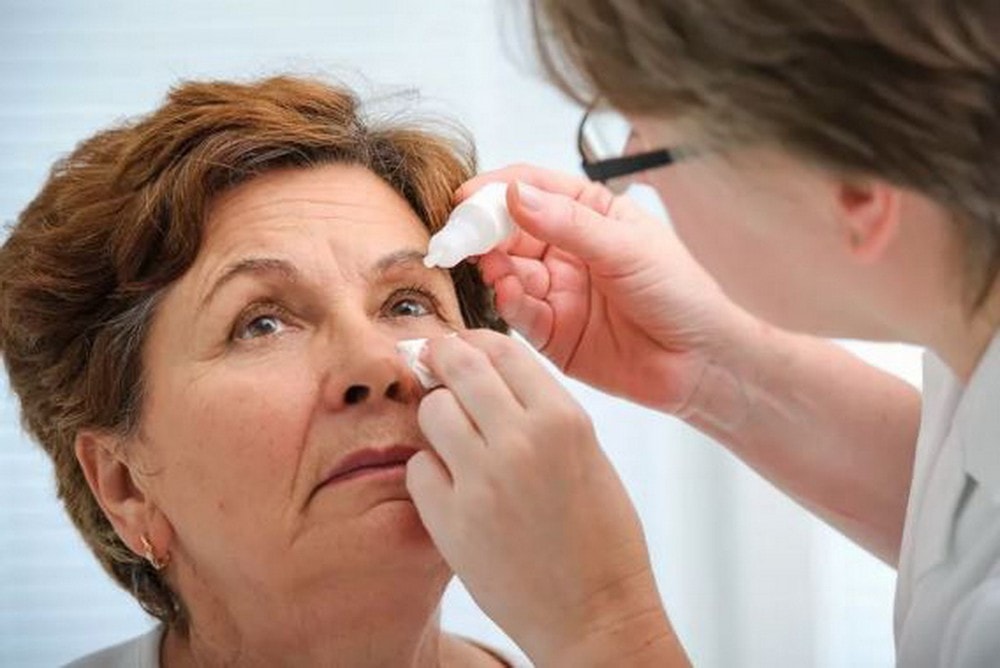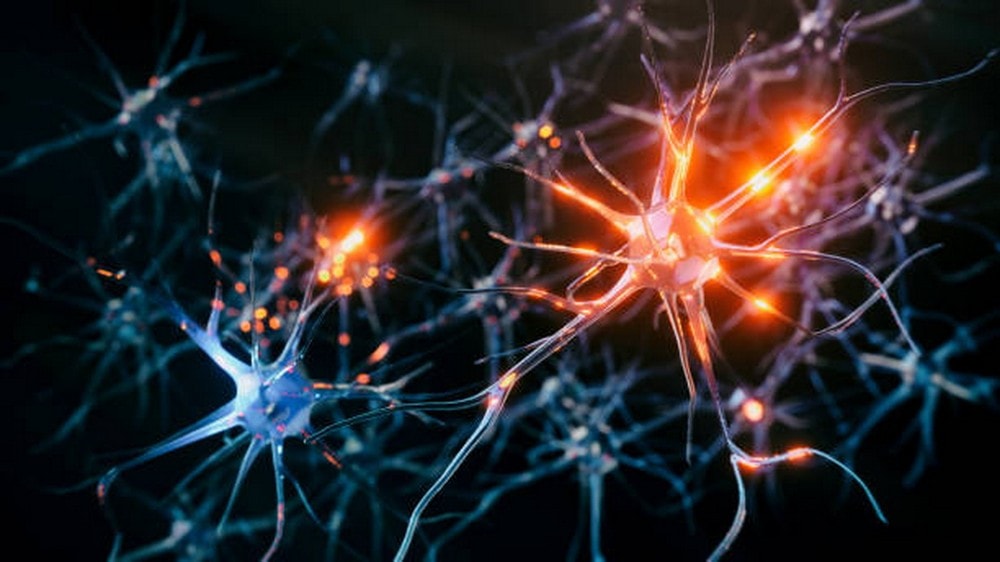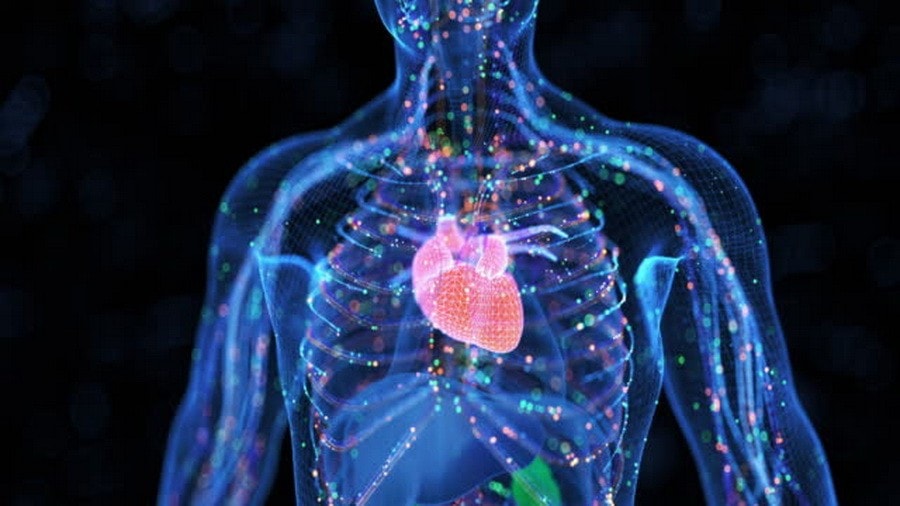To ensure brain memory function, supplementing enough vitamin B1 is very important, helping to reduce lack of concentration, forgetfulness, ineffective work, headaches, etc.

Our bodies cannot synthesize vitamin B1, so this nutrient needs to be supplemented daily from food.
Vitamin B1 (thiamine) was the first vitamin discovered in the B group, hence its name. It participates in many vital activities of the body, related to the development, growth and function of every cell in the body.
Our bodies cannot synthesize vitamin B1, so this nutrient needs to be supplemented daily from food. It is available in many natural foods such as beans, rice, pork, nutritious cereals, etc. In addition, vitamin B1 is also found in multivitamins or nutritional supplements.
Currently, vitamin B1 deficiency is very rare, usually only seen in people with weakened immune systems, with factors that reduce the concentration of absorbed vitamin B1 such as alcoholism, diuretic use, anorexia, people on dialysis, etc.
Vitamin B1 is present in all tissues of the body and is necessary for daily life activities, so it has a great effect on human health.
Improve blood sugar
Some studies show that people with type 1 and type 2 diabetes often have low thiamine levels.
Vitamin B1 metabolizes glucose - an extremely important energy source for the body's metabolism. Vitamin B1 is also involved in the production of red blood cells and the treatment of genetic metabolic disorders.

Treatment of edema
Beriberi is a disease caused by insufficient vitamin B1 in the diet. Symptoms of beriberi include swelling, tingling, or a burning sensation in the hands and feet; forgetfulness; difficulty breathing; and uncontrolled eye movements (nystagmus). Therefore, vitamin B1 is most important in the treatment of beriberi.
Improve eyesight
In the elderly, aging occurs rapidly, in which cataracts are a common disease that causes vision loss and the risk of blindness.
Vitamin B1 deficiency is one of the causes of this disease, so increasing the amount of this micronutrient also helps prevent cataracts effectively.

Antidepressant
Taking vitamin B1 supplements along with antidepressants is good for depression.
Vitamin B1 helps relieve symptoms faster and stabilizes mood. Vitamin B1 deficiency has also been linked to poor mood.
Ensure metabolism
Vitamin B1 is essential in nutrient metabolism to create ATP - a molecule that carries energy for cells. Therefore, this micronutrient helps the body have energy for life activities, eliminates boredom and fatigue, and helps life become more positive.
Prevent nerve damage
A body lacking vitamin B1 often encounters neurological dysfunction problems such as poor learning, constant lethargy, memory loss, etc. Vitamin B1 also promotes the synthesis of myelin sheaths to protect nerves and ensure the most effective functioning.

Helps keep immune system healthy
In the human body, the longitudinal muscles of the digestive tract are where the most immune organs are located, and vitamin B1 participates in maintaining and protecting them.
Conversely, a healthy digestive system also ensures better absorption of vitamin B1, thereby strengthening the overall immune system, protecting the body from pathogens.
Helps keep heart healthy
Vitamin B1 is an essential ingredient for the production of acetylcholine - a special neurotransmitter between the nervous system and muscles, especially the heart muscle. Therefore, vitamin B1 plays a role in maintaining heart function, reducing the risk of heart failure and other cardiovascular diseases.

Improve memory
Vitamin B1 deficiency often causes memory problems such as lack of concentration, forgetfulness, poor work efficiency, headaches, dizziness, etc. Therefore, to ensure brain memory function, supplementing enough vitamin B1 is very important.
People who regularly work with computers or do work that requires high concentration also need more vitamin B1.
Heal skin wounds
Vitamin B1 affects the production of collagen during the wound healing process in the skin. Collagen helps to strengthen the skin structure, making the skin elastic.
Therefore, the effect of vitamin B1 on the skin can help the skin heal wounds quickly and have better elasticity.

Helps hair become healthier
Not only protecting general health, vitamin B1 is also a great nutrient that nourishes hair from the inside, helping women have healthy, beautiful, smooth hair. Therefore, patients with hair loss, dry hair, ... can use this vitamin in combination with some other drugs to stimulate hair growth and nourish healthy hair.
Helps beautify the skin
Vitamin B1 is a vitamin that can protect the skin from the effects of free radicals, thereby helping to slow down the aging process. Vitamin B1 participates in the decarboxylation enzyme metabolism process, supporting the body's metabolism. This plays an important role in improving skin health and promoting the regeneration of new skin cells.
In addition, most B vitamins have the ability to prevent acne formation. In particular, vitamin B1 is also notable for its ability to reduce irritation and inflammation caused by acne.
In addition, vitamin B1 plays an important role in skin whitening. Not only does it help control melanin pigmentation, vitamin B1 also provides nutrients to nourish healthy skin cells and maintain even skin tone.

When the body lacks vitamin B1, it can lead to a number of health problems, specifically:
For people with mild vitamin B1 deficiency: Symptoms such as fatigue, loss of appetite, indigestion; frequent numbness in hands and feet; frequent irritability and agitation.
For people with severe vitamin B1 deficiency: Patients have memory loss and loss of sensation in the lower limbs. If this condition persists, it can lead to muscle atrophy.
Pregnant and lactating women: prolonged vitamin B1 deficiency can cause muscle atrophy in children and can even cause death due to heart failure.

Vitamin B1 is generally well tolerated and non-toxic when taken orally. However, some adverse health effects have been reported, including allergic reactions, nausea, coma, impaired coordination, and more. High doses of vitamin B1 may cause stomach upset.
TH (according to Vietnam+)